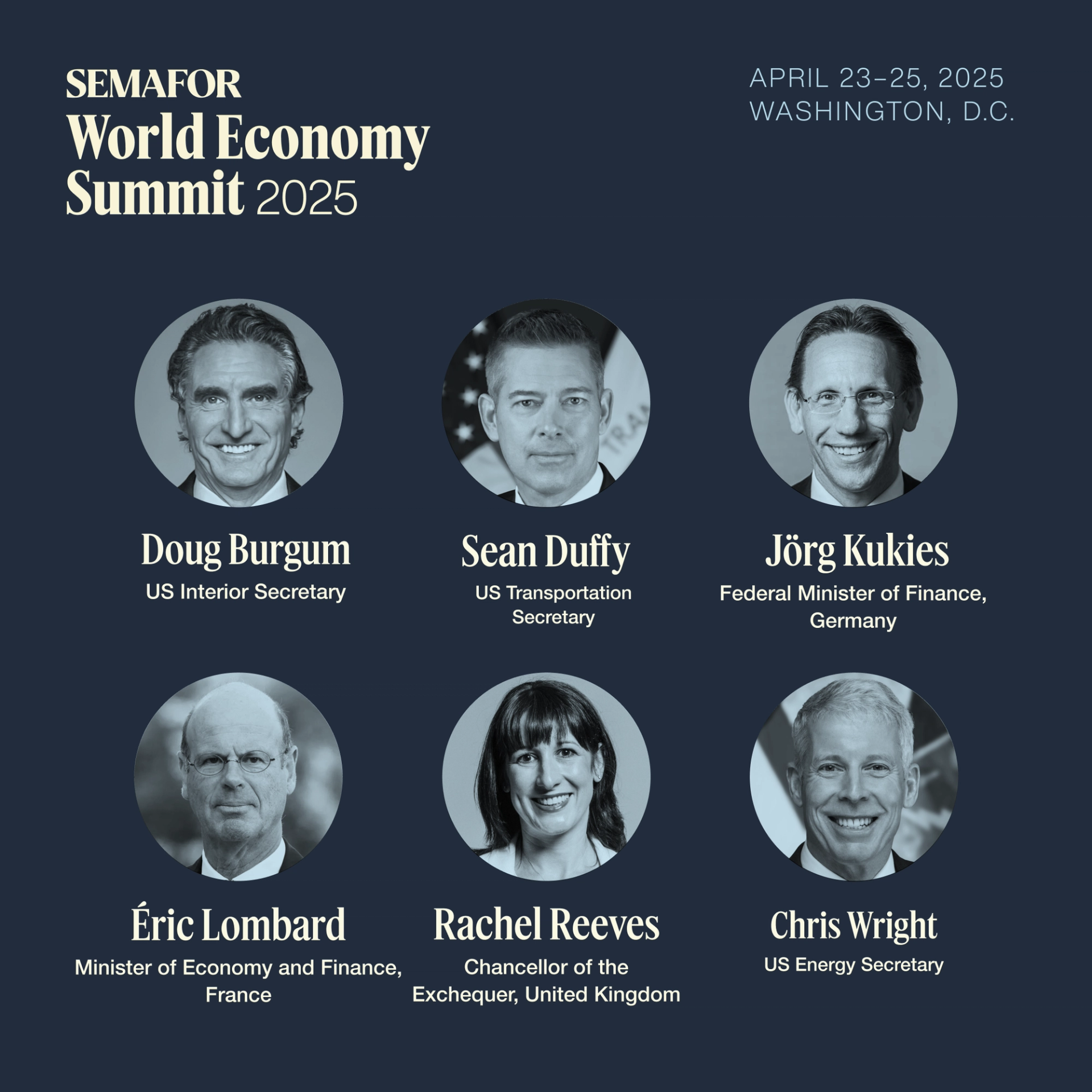What’s at stake
The Trump administration has justified President Donald Trump’s tariffs by arguing that they will benefit US small businesses lining “Main Street,” rather than Wall Street investors.
“I’m proud to be the president for the workers, not the outsourcers — the president who stands up for Main Street, not Wall Street,” the president said during a speech at the National Republican Congressional Committee dinner earlier this month.
Treasury Secretary Scott Bessent, himself a former hedge fund manager and creature of Wall Street, echoed that sentiment at a recent American Bankers Association summit: “It’s Main Street’s turn to hire workers. It’s Main Street’s turn to drive investment, and it’s Main Street’s turn to restore the American Dream,” he said.
From the administration’s perspective, the sweeping tariffs may cause short-term pain for financiers in the form of stock market jitters and wobbly bond yields, but are designed to bring back domestic manufacturing and revitalize US industries that have been collecting cobwebs.
But the 145% tariffs on Chinese goods and broader 10% levies on other countries are undoubtedly posing challenges for US companies and consumers, as they threaten higher prices and slower economic growth. The circumstances beg the question: Is the “Wall Street vs. Main Street” dichotomy actually useful to understanding Trump’s approach?
Who’s making the case
Oren Cass, the founder and chief economist of conservative think tank American Compass, argues that globalization and the cheaper goods it’s brought to the US hasn’t helped Main Street flourish:
“The American embrace of globalization and free trade — even with China — assumed that whatever benefited Wall Street would also benefit America. More access to foreign markets, offshoring production in search of cheap labor, and moving investment to fast-growing developing economies were taken as important ends unto themselves because… well, in hindsight, it’s not clear why.
“Economists seemed to equate higher profits and cheaper stuff with human flourishing, regardless of what happened to American workers and their communities. As Club for Growth founder Steve Moore once told me, ‘Cheap labor leads to a booming stock market? That benefits everyone.’ But that’s not true. It benefits the people whose well-being depends on stock prices, at the expense of those dependent on a family-supporting wage.
“Unsurprisingly, the Trump administration’s efforts to reverse that tradeoff and prioritize domestic investment in American workers has been received poorly on Wall Street. Also unsurprisingly, economists like former Treasury Secretary Larry Summers — who clamored most loudly for the wrong course — are continuing to equate the market response with the national interest. But if Trump succeeds in rebalancing economic policy in favor of workers and their communities, he will have done the nation a great service. Something tells me the shareholders will be just fine.”
Gabe Horwitz, director of the economic program at the center-left think tank Third Way, argues that Trump’s policies are bad for both Wall Street and Main Street:
“The Trump administration’s indiscriminate tariffs don’t pit Wall Street versus Main Street. They are raising prices and driving us toward a recession that will hurt both.
“Millions of Americans on Main Street are already feeling the pain of the Trump slump. Consumer confidence has dropped off a cliff. Americans believe inflation is back and a recession is imminent. Credit card delinquency rates are rising, and tariffs are slated to wreck family budgets even more.
“And the view from Wall Street is just as bad. The stock market has nosedived, and retail sales are stagnant. The Federal Reserve projected weaker growth, higher unemployment and higher inflation. Small business confidence is dropping to levels we haven’t seen since the early days of COVID. Businesses looking for an ounce of market certainty are finding none, freezing hiring and investment.
“President Trump admitted that he didn’t care if companies raised prices and, in fact, hoped they raised prices. Trump may not care, but these tariff taxes are a gut punch to our economy and the slumping fortunes of the American middle class.”
Notable
- The Wall Street Journal editorial board isn’t a fan of Trump’s frame.
- Reviving US manufacturing won’t be easy, CNN writes.
The World Economy Summit

The World Economy Summit 2025 is bringing together the decision-makers who are shaping the future of global economic policy. The three-day summit, taking place from April 23–25, 2025 in Washington, DC, will focus on ways leaders across business, finance, tech, and beyond are navigating the complexities of tariffs, shifting trade dynamics, and evolving policy landscapes.
Featuring on-the-record conversations with Doug Burgum, US Interior Secretary; Sean Duffy, US Transportation Secretary; Jörg Kukies, Federal Minister of Finance, Germany; Éric Lombard, Minister of Economy and Finance, France; Rachel Reeves, Chancellor of the Exchequer, United Kingdom; Chris Wright, US Energy Secretary, and more, the summit will facilitate in-depth discussions on how countries are adapting to these challenges and building resilience in a rapidly changing world.
April 23-25 | Washington, DC | Learn More

